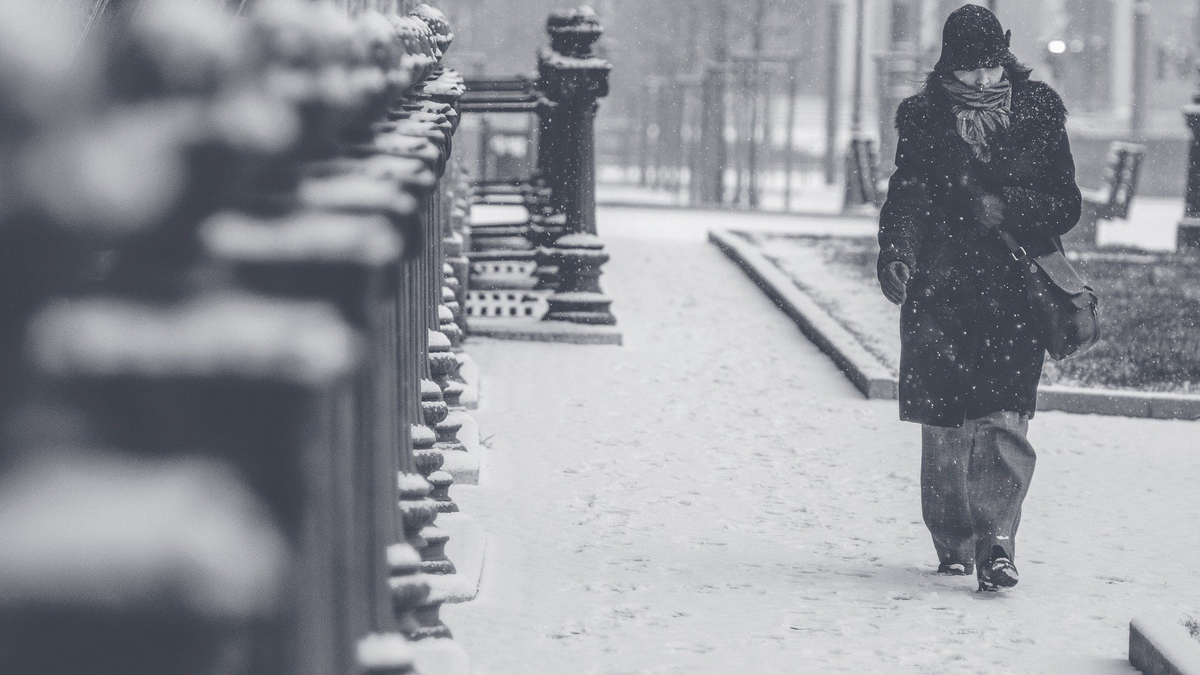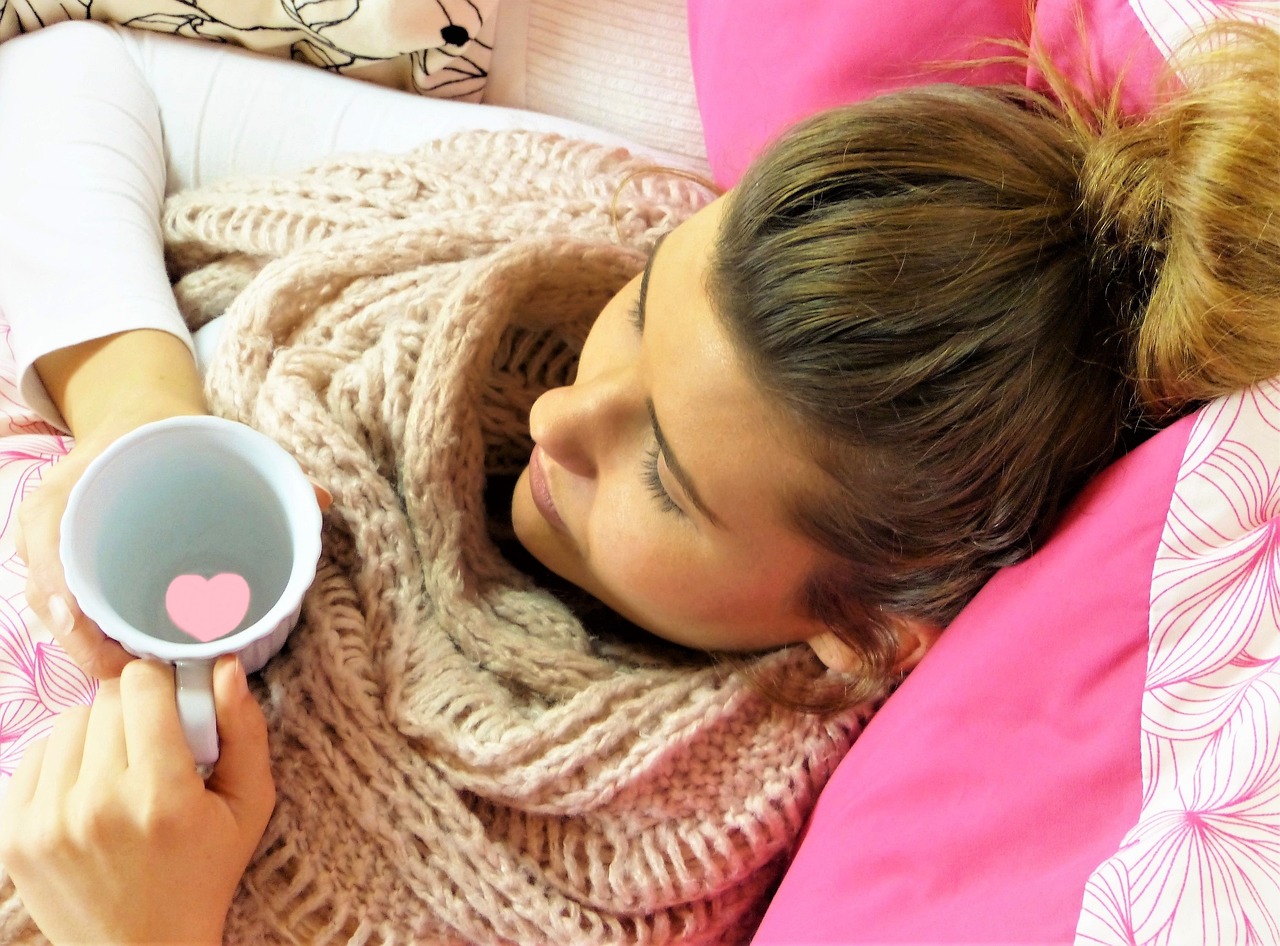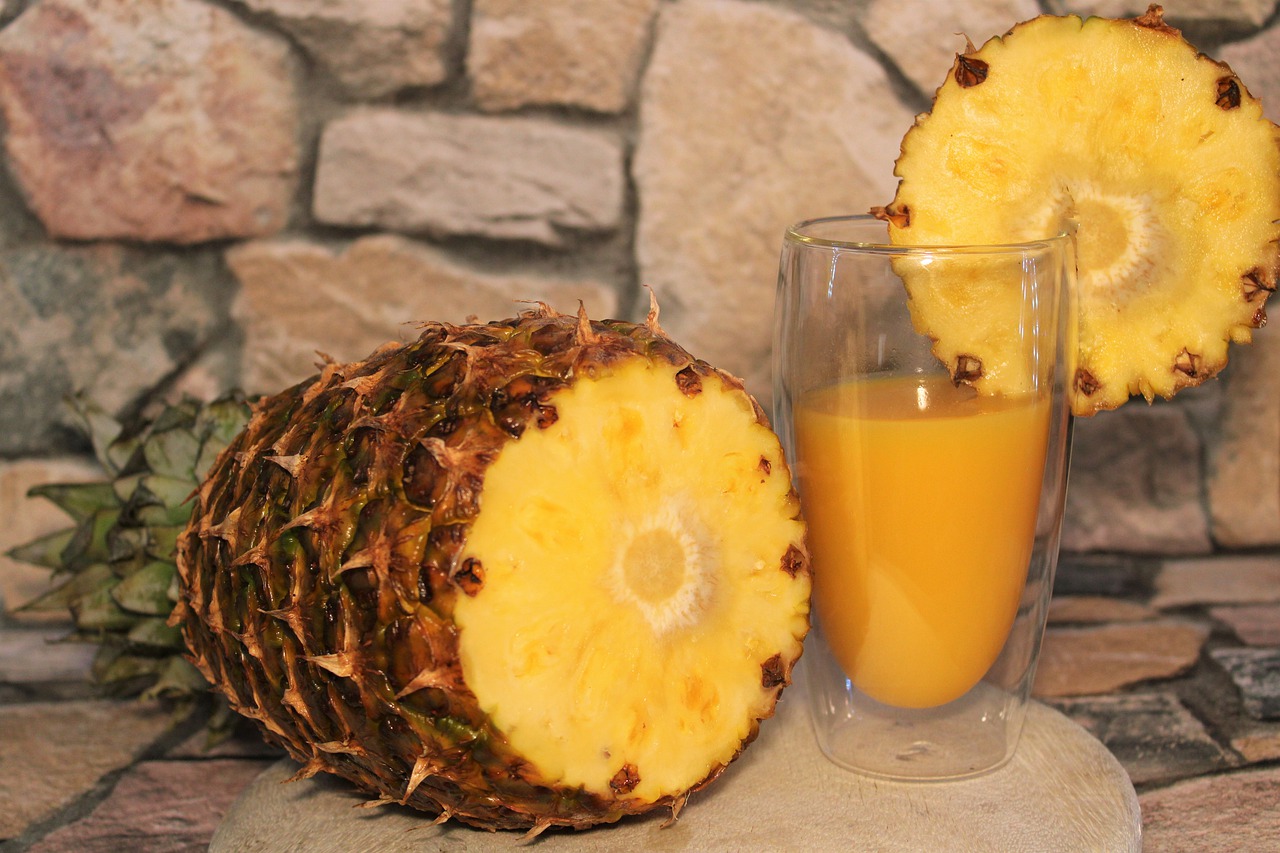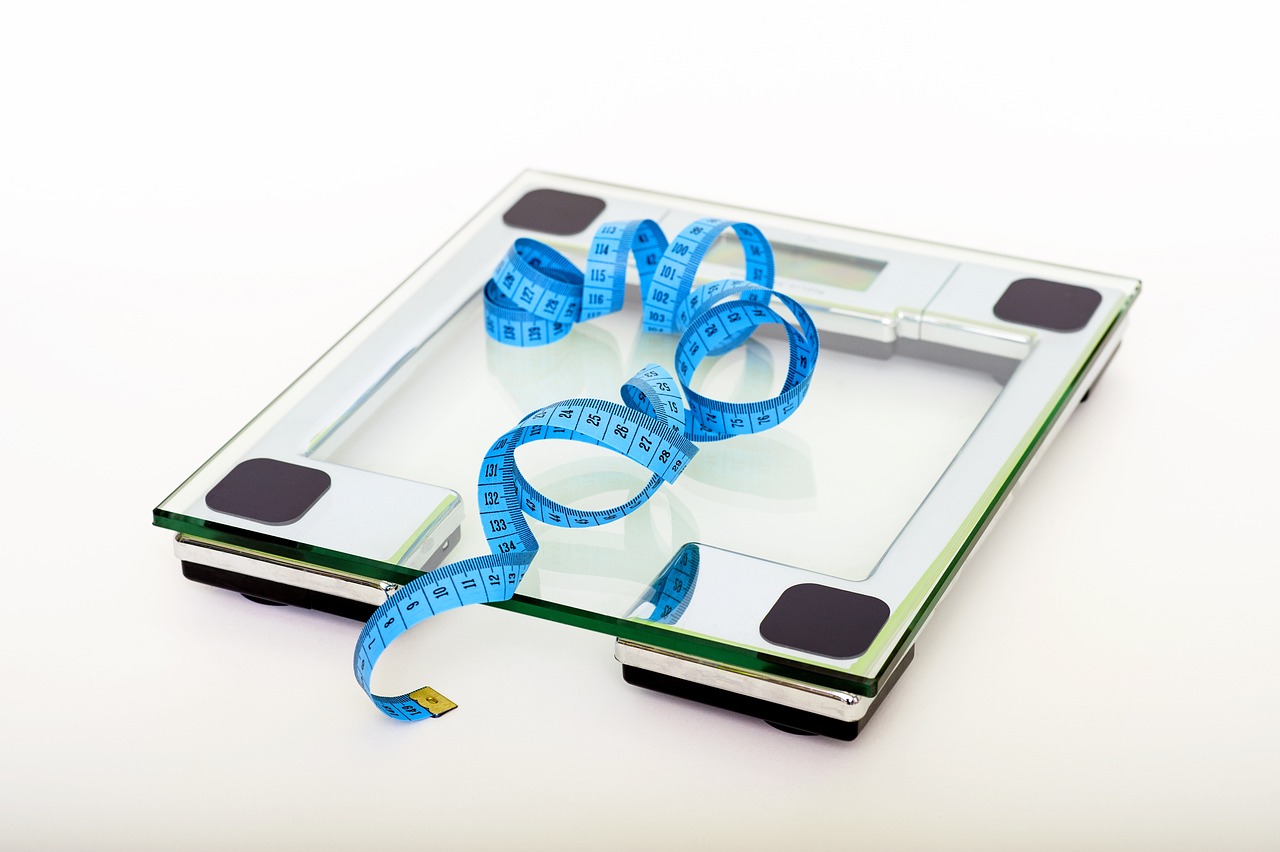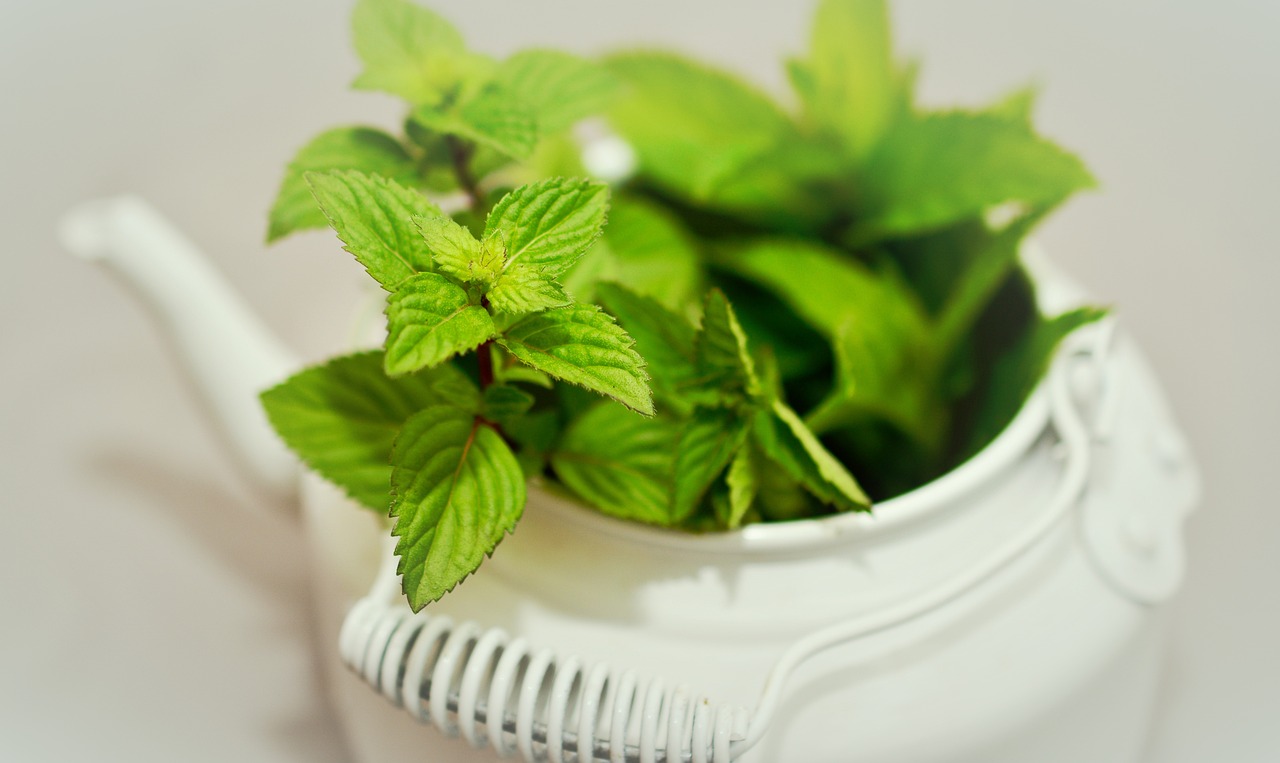Symptoms of Dehydration in The Elderly
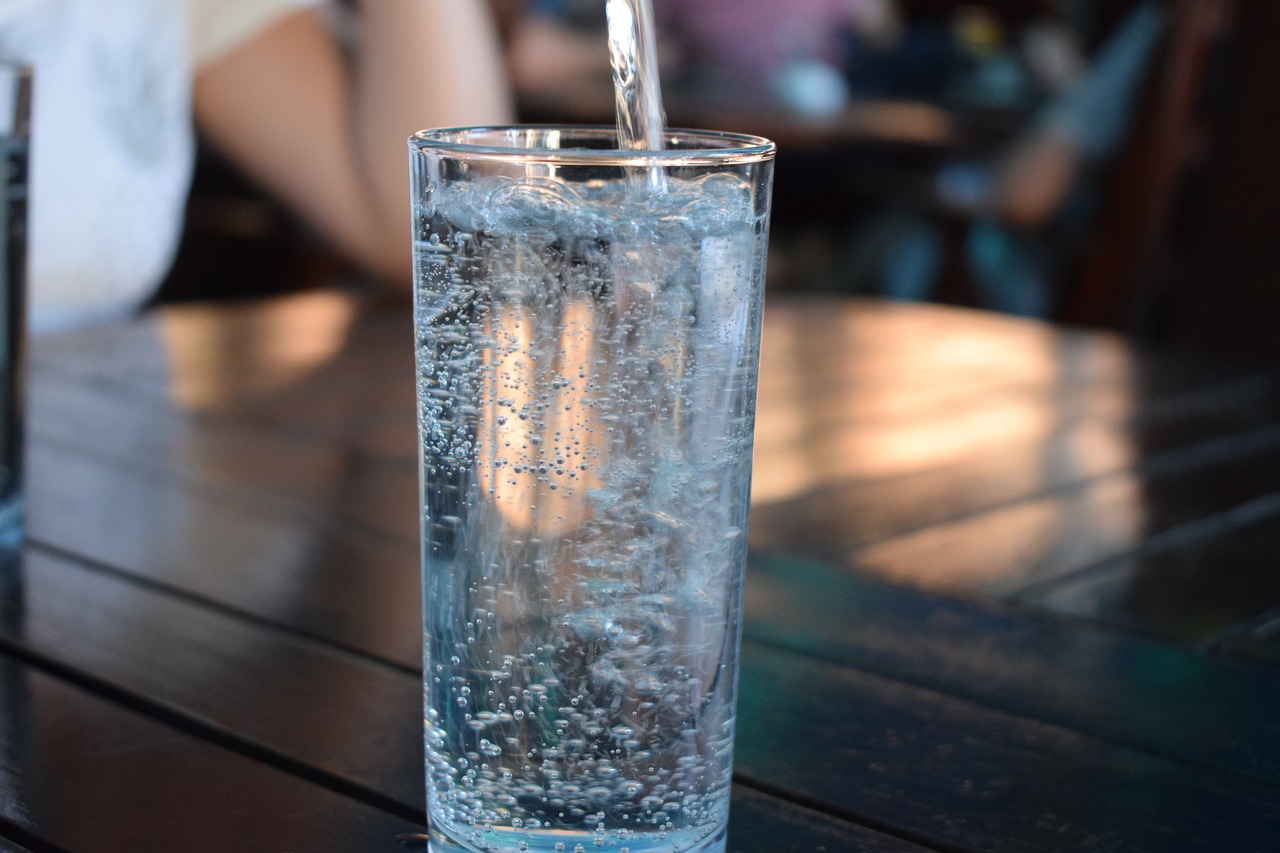
Dehydration can affect anyone at any point of time. Lack of adequate water or fluids in the body can trigger a series of dangerous reactions. Failure to consume electrolytes or water immediately in severe conditions can lead to coma and death. The condition can be mild or severe. Either way, dehydration should be treated immediately.
Reasons for Dehydration:
- Failure to drink adequate water
- Ageing will reduce the brain’s ability to sense body requirements
- Reduced sensation of thirst
- Diarrhea and vomiting leading to loss of water
- Excess consumption of carbonated and caffeinated beverages
Symptoms of Dehydration Are:
- Dry skin
- Dry mouth
- Hollow eye sockets/sunken eyes
- Extreme thirst
- Numbness and tingling sensation of legs and hands
- Blurry vision
- Mental confusion
- Decreased urine output
- Nauseated feeling coupled with excess vomiting
- Muscle weakness leading to trembling of hands and legs
- Congestion of lungs resulting in difficulty while breathing
- Increased heart rate and increase in body temperature
- Seizures
- Unconsciousness
- Skin will appear to be dangling out of the body with reduces suppleness
- A decrease in blood pressure
- Mental apathy
- Gastrointestinal problems like constipation
Treatment for Dehydration:
Dryness of mouth and sunken eyes are some of the initial symptoms observed. Dehydration is very easily treatable. Encourage the person to drink a minimum of eight to ten glasses of water. You can also add a pinch of salt and sugar in normal drinking water. This will restore the electrolyte balance in the body. Do not allow the person to drink tea, coffee or carbonated beverages, alcohol, etc. In extreme cases, the person may be unable to consume liquids orally. In such cases, he or she has to be administered intravenous fluids through the veins for immediate alleviation of the condition.
The Author:
Kum Martin is an online leading expert in elderly care.
Photo. Explorer Bob

